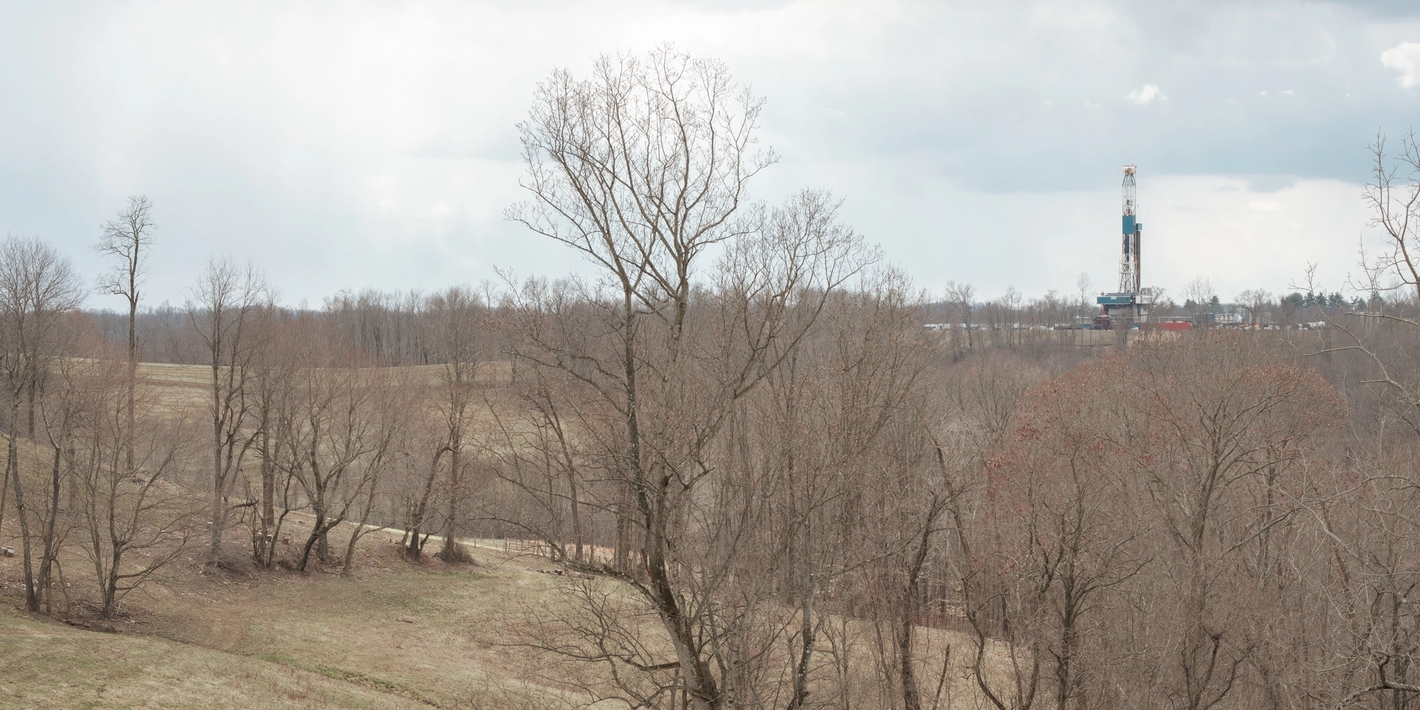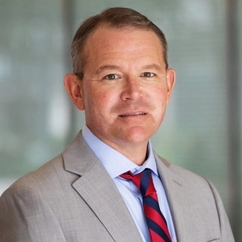Equinor, Battelle to explore Appalachian Basin carbon capture, storage potential

COLUMBUS, Ohio and HOUSTON, Texas (February 1, 2022)—Equinor has signed a memorandum of understanding (MOU) with leading science and technology firm Battelle to advance development of a decarbonized regional energy cluster in the tri-state region of Ohio, Pennsylvania, and West Virginia.
The Appalachian Basin is an important energy-producing region that also shows great promise in being a leader for the decarbonization of American industry.

“Our regional hub vision will meet tomorrow’s energy demands while maintaining America’s industrial competitiveness within a net-zero scenario.”
“Collaborating with Battelle, a like-minded organization with extensive experience in key low-carbon initiatives, brings us closer to delivering on our ambitions,” Golden said.
The partnership between Equinor, a global broad energy company with offices in Hannibal, Ohio and Triadelphia, West Virginia and Columbus, Ohio-based Battelle, the world’s largest independent research and development company, will enable the timely and progressive development of one of the first low-carbon industrial regions in the United States.
“We’re thrilled to be working on such an important technology challenge with a company of Equinor’s stature,” said John Tombari, division manager for Battelle’s Carbon Management business. “We look forward to a long-lasting collaboration that will have real impact.”
Under the agreement, Equinor and Battelle will undertake feasibility studies to examine the regional potential for carbon capture and storage (CCS) and collaborate on stakeholder outreach.
Battelle is a leader in geologic carbon dioxide capture, use and storage with more than 100 projects worldwide over the past 20 years.
Equinor has decades of experience with CCS projects of various sizes, from research and development to operations. Since 1996, Equinor has captured and safely stored more than 23 million tons of CO2.